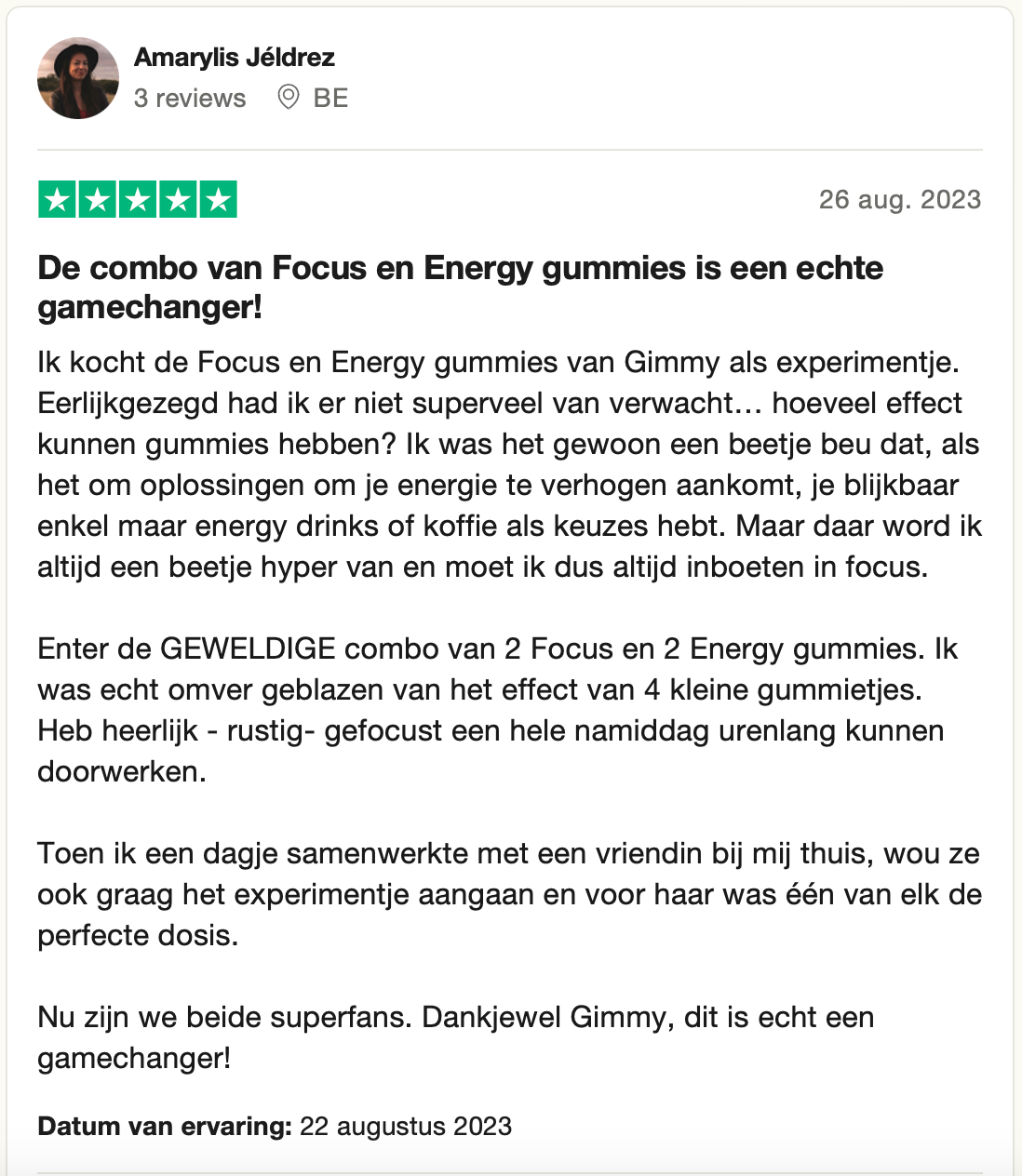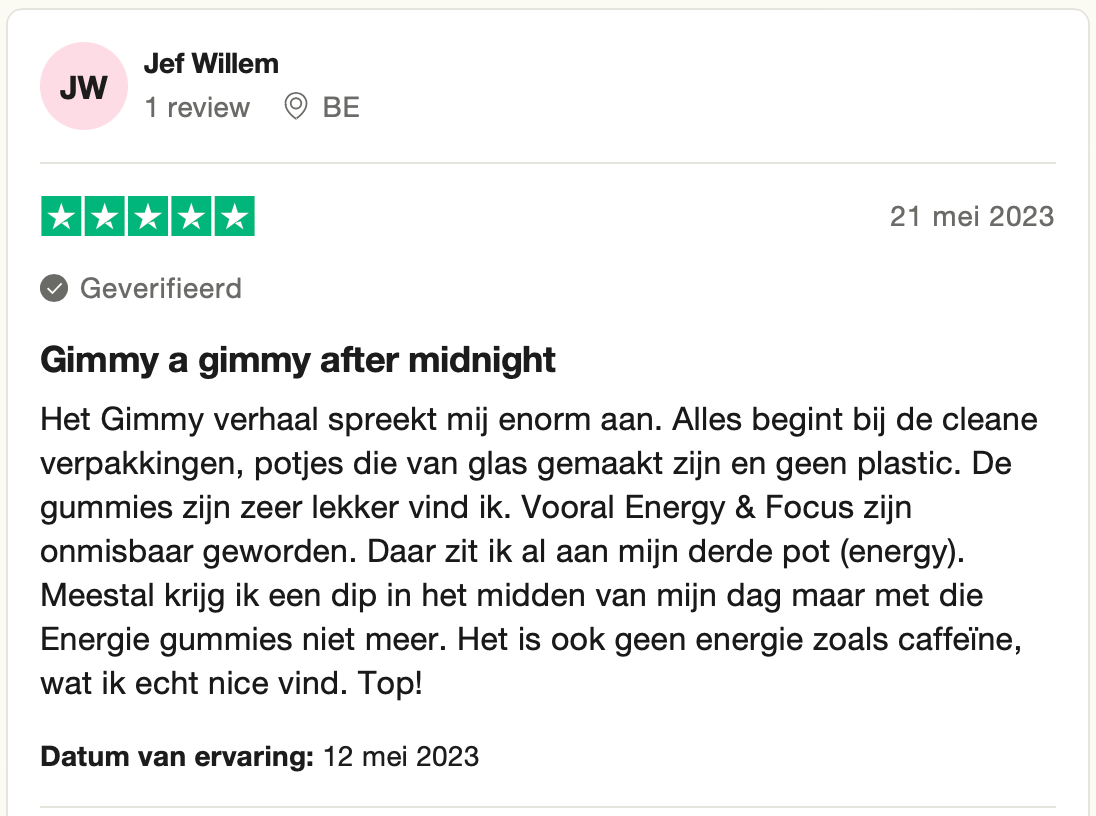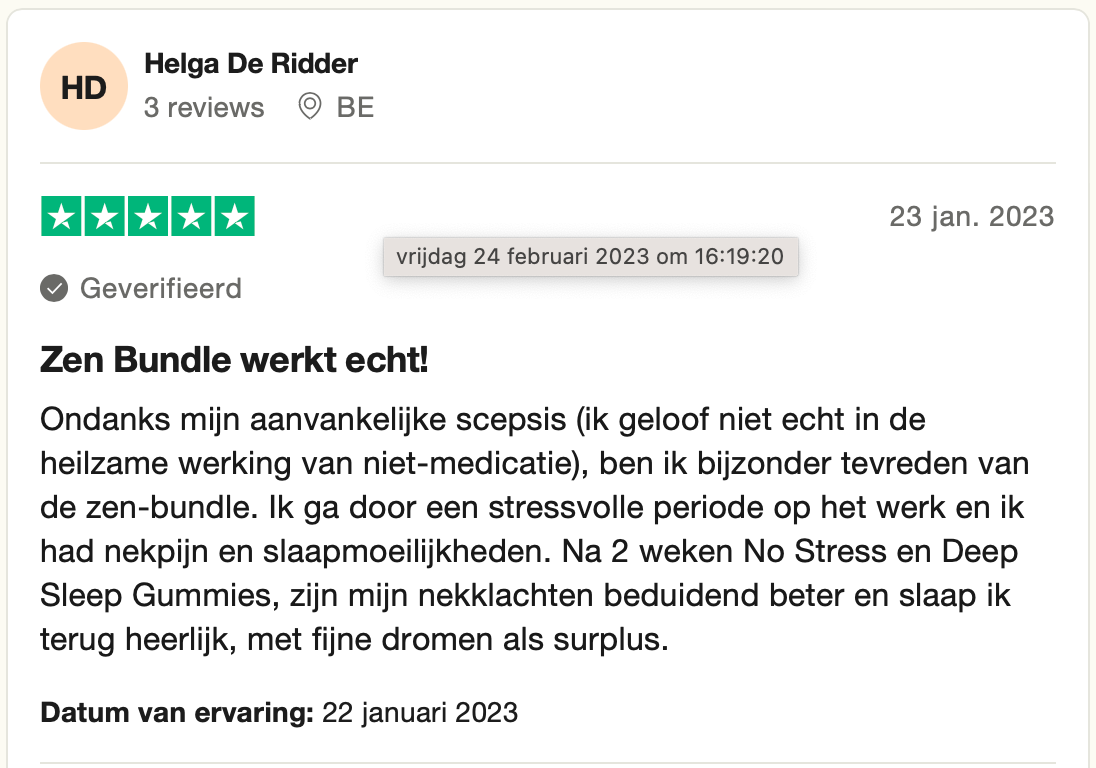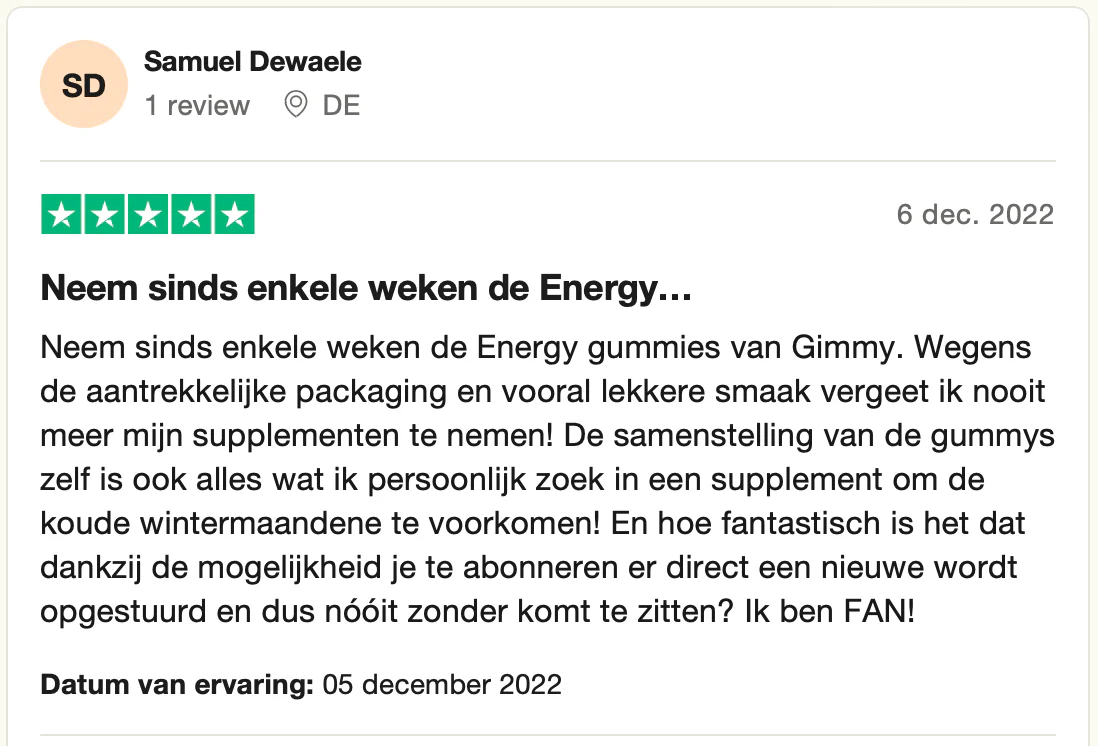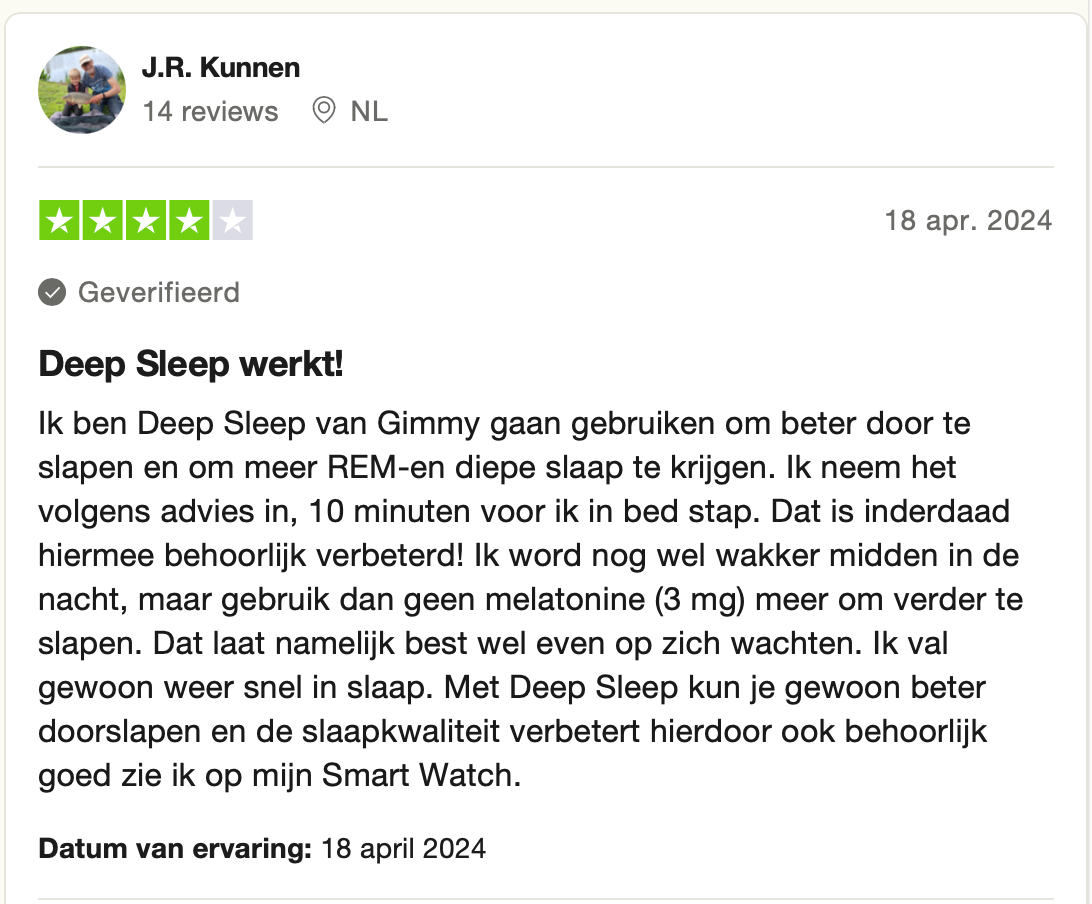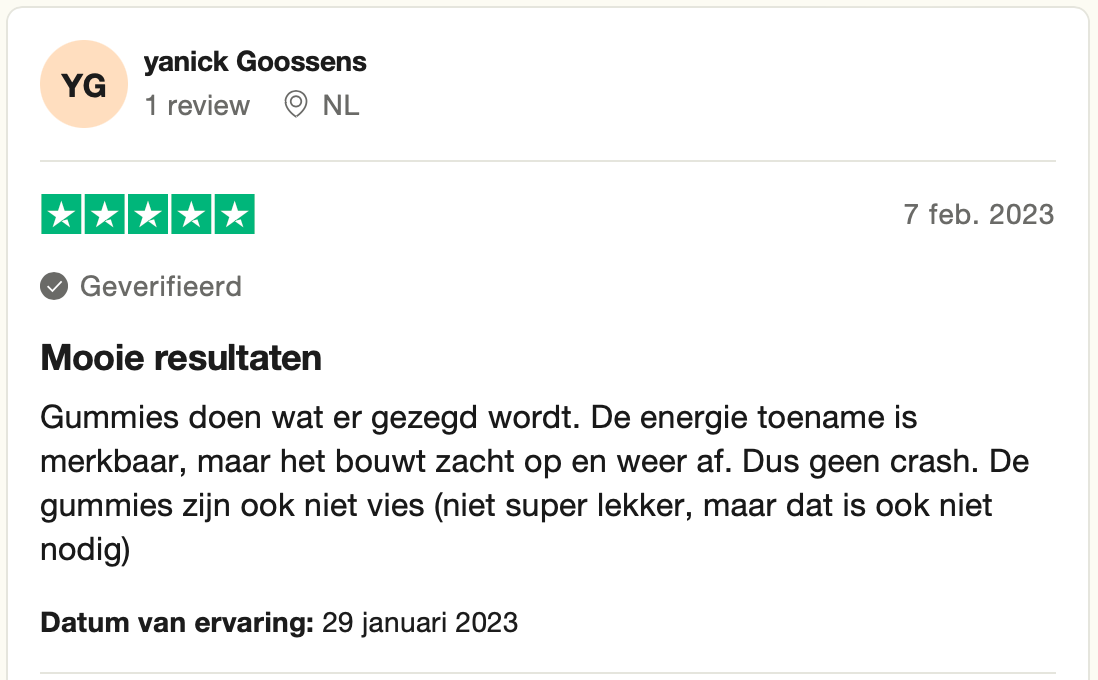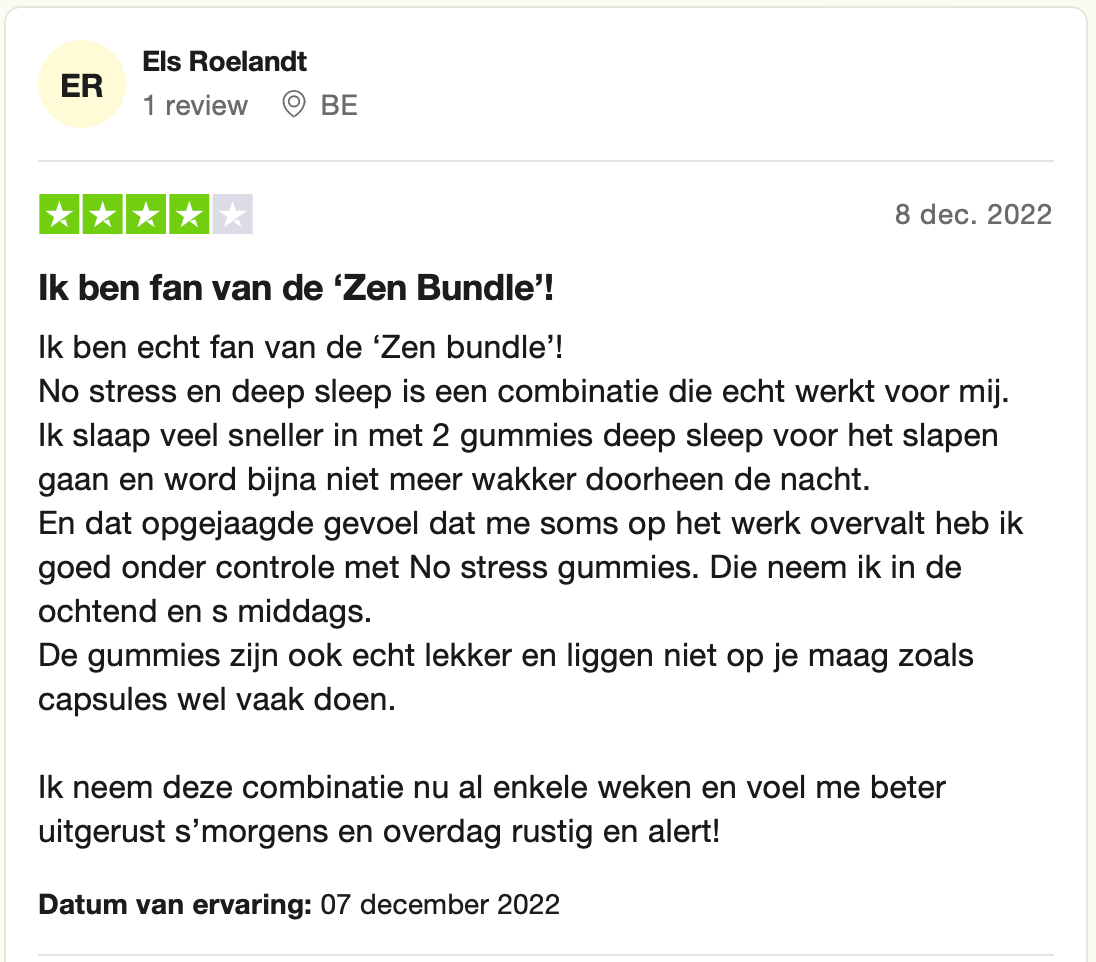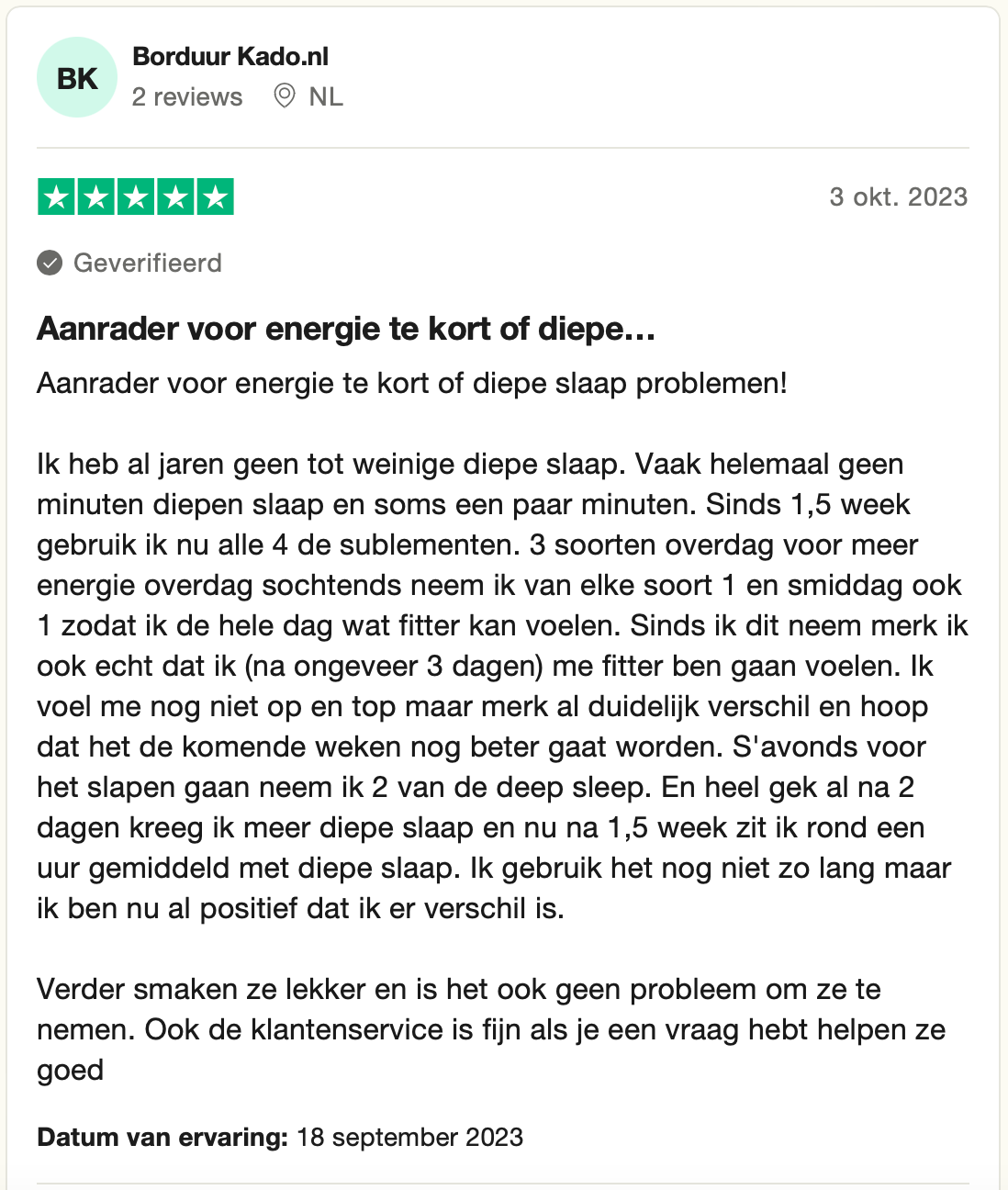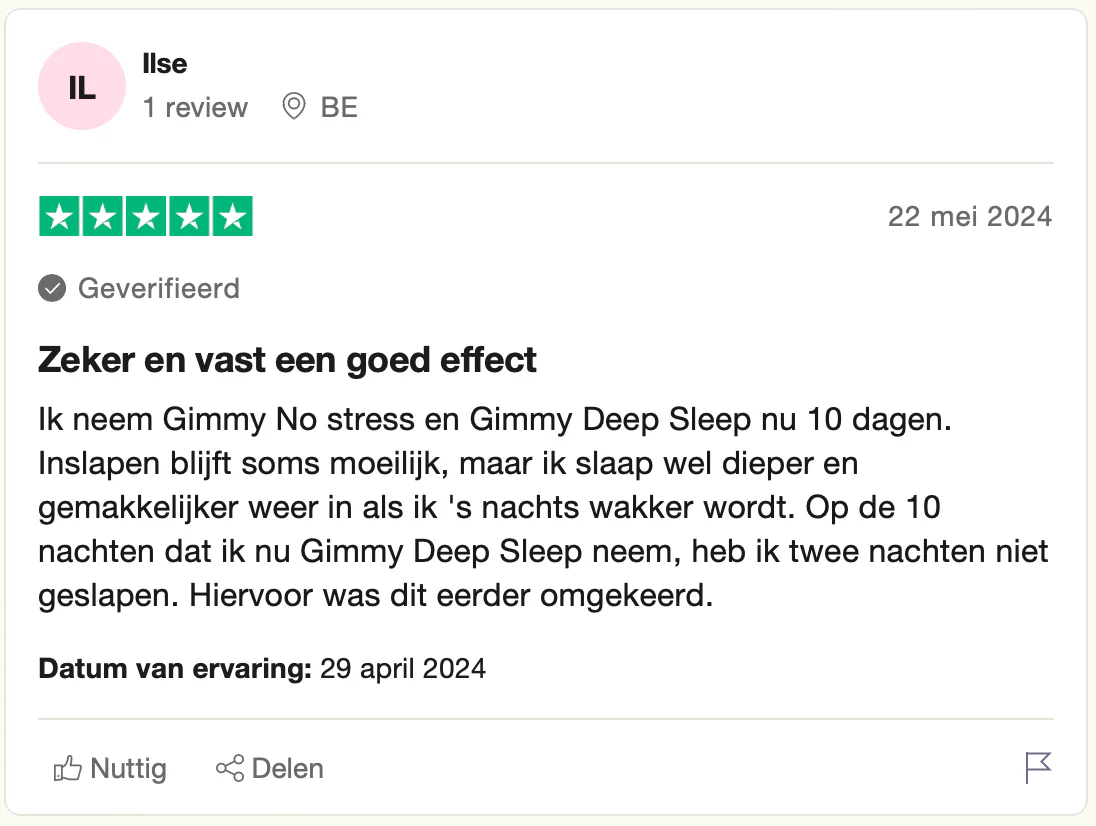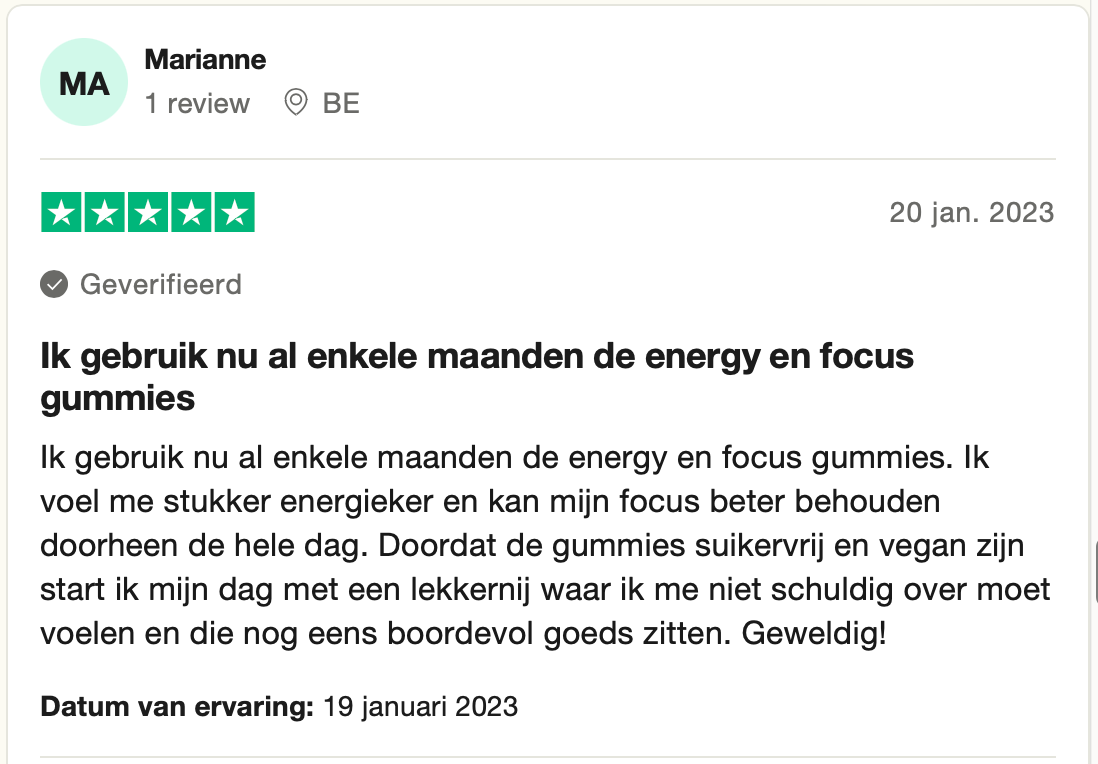Low on energy in the winter? Here's why
by Floris Biesemans on Feb 20, 2023
With the winter months in full swing, it can be difficult to keep your energy levels up. The cold and dark days can make you feel tired, lethargic and lifeless, which can make it difficult to stay productive. Lower energy levels can affect several aspects of our lives, including our work, relationships and mental health. In this blog, we will discuss why energy levels can drop in the winter and what you can do to improve them so you can stay full of energy and vitality during the winter months.
Do you still sometimes suffer from fatigue? Then read the blog "Fatigue, what can you do about being tired?".
Fatigue in winter
During the winter months, many people experience fatigue and lower energy levels. This can have several causes, including the lack of sunlight and cold temperatures. For example, the lack of sunlight allows our body to produce less vitamin D, which can lead to fatigue and decreased immunity. In addition, the cold can make our bodies use more energy to keep us warm, which can lead to a higher need for sleep and rest. It is also possible that we exercise less and spend less time outdoors in the winter, which can contribute to lower energy levels and increased fatigue. It is important to recognize that winter fatigue is a common problem and there are several ways to address it.Tips for more energy in winter
There are several things you can do to increase your energy levels in winter. Here are some suggestions:- Daily exercise: Try to exercise regularly, even when it is cold outside. A short walk, yoga or other light exercise can already help increase your energy and improve your mood.
- Sunlight: Try to catch as much sunlight as possible during the day. For example, go outside during your lunch break, work in a room with lots of natural light, or consider using a light therapy lamp if you don't get enough sunlight.
- Eat healthy: Maintain a balanced diet with plenty of vegetables, fruits, whole grains and protein. Avoid too much sugar and processed foods, as these can crash your energy levels.
- Sleep: Get enough sleep. A good night's sleep can make you feel more energetic during the day.
- Social contacts: Try to maintain social contacts, even if you don't feel like going out as much. Being with others can contribute to a positive mindset and more energy.
- Vitamin supplements: Consider taking vitamin supplements, such as vitamin D or B12, if you feel you are not getting enough nutrients from your diet.
- Stay hydrated: Make sure you drink enough water. When it is cold you are less likely to be thirsty but it is still important to drink enough water. Dehydration can reduce your energy levels.
Coffee, does it help?
Imagine, on and cold winter day you are sitting rather groggy on the couch craving a coffee to get a caffeine and energy boost. Good idea? Although coffee can initially provide an energy boost, it can ultimately have a negative effect on your energy levels in winter. This is because coffee, and other drinks containing caffeine, can drain moisture from your body, which can lead to dehydration and fatigue. In addition, too much caffeine can lead to insomnia, which in turn can lead to fatigue and lack of energy throughout the day. If you like coffee, it is best to drink it in moderation and make sure you also drink enough water to stay hydrated and maintain your energy levels.A nice warm room or not?
It's winter, then you should be able to sleep extra warm, right? Well, in general, it is better to sleep in a cool room for more energy because a room that is too warm can hinder you from sleeping well. A good night's sleep is essential for maintaining your energy levels throughout the day. If the temperature in your bedroom is too high, it can cause discomfort and sweating, waking you up or disrupting your sleep cycle. On the other hand, a cool bedroom can provide a better sleeping environment. It is recommended that you sleep in a room with a temperature between 16 and 18 degrees Celsius.Do you still sometimes suffer from fatigue? Then read the blog "Fatigue, what can you do about being tired?".

Onze tevreden klanten






